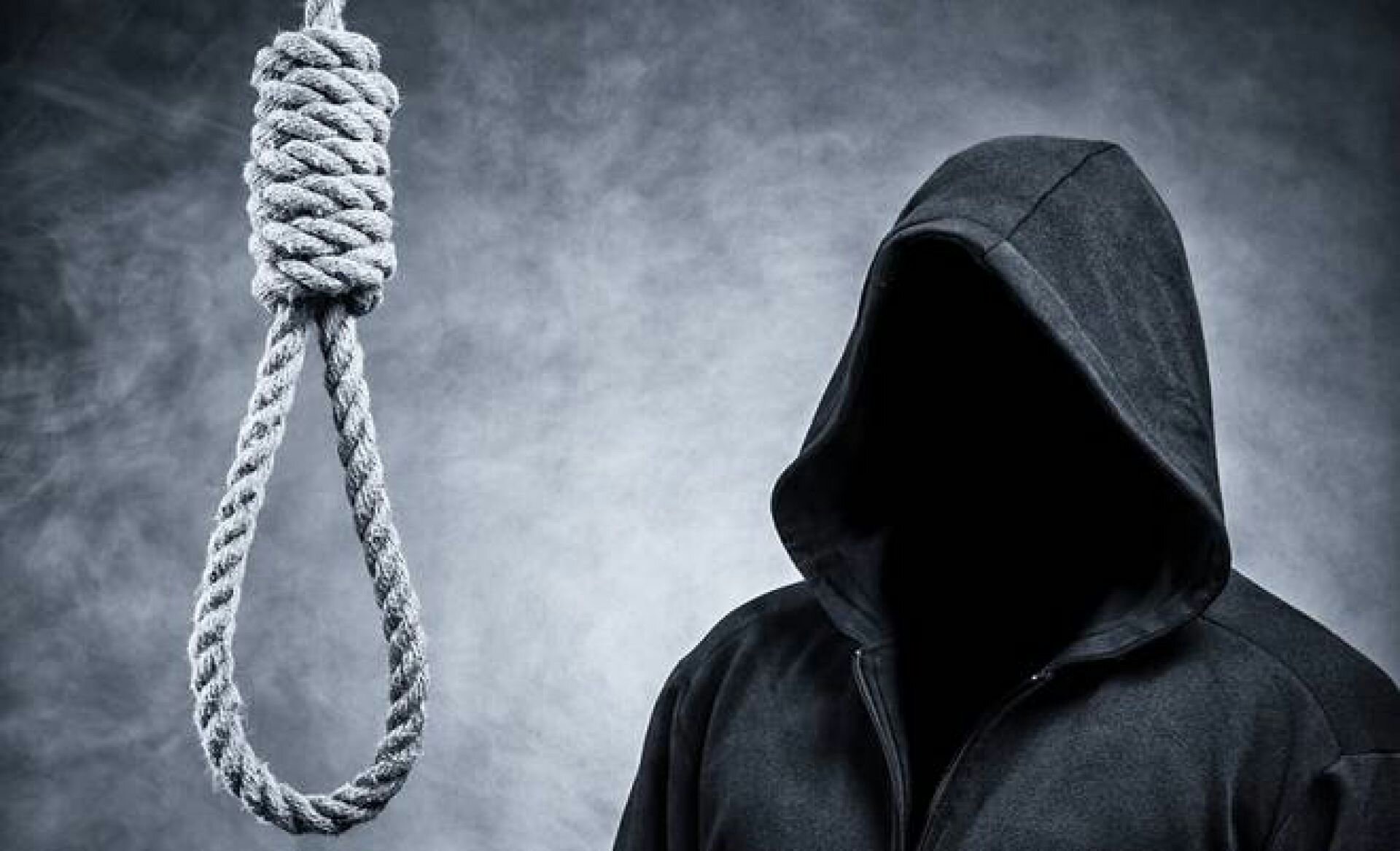An Ekiti State High Court in Ado Ekiti has sentenced one Olorunleke Ebenezer, 24, to death by hanging for killing his brother.
Justice Bamidele Omotoso said, “The prosecution has discharged the burden on Olorunleke Ebenezer and established beyond reasonable doubt the offence of conspiracy, armed robbery and murder against him.
- FG opposes creation of agency to fight open defecation
- Power disruption in Abuja, others over AEDC workers’ strike
“The defendant is guilty as charged. The sentence of the court upon you is that you will be hanged by the neck until you die. May the Lord have mercy on your soul.’’
Olorunleke, who hails from Yagba East Local Government Area of Kogi State, was arraigned on three count charge of conspiracy, armed robbery and murder contrary to sections 6 (b), 1 (2) (a) of the robbery and firearms (Special Provisions) Act, Cap R11, Vol. 14, Laws of the Federation of Nigeria, 2004, and also section 316 and punishable under section 319 (1) of the Criminal Code, Cap C16, Laws of Ekiti State 2012.
According to the charge, Ebenezer and others now at large on August 29, 2019 at Abe Cocoa Area Housing Estate, Oke-Ila Ado Ekiti, conspired to rob his brother, Olorunleke Sunday, of his Bajaj motorcycle with Registration Number ADK 100 UJ and a sum of N40,000.
At the time of the robbery, he was armed with a knife and murdered Olorunleke Sunday.
One of the witnesses that testified before the court said he went to the defendant’s house to inform him of his brother’s death, the defendant said he (the deceased) was attacked by armed robbers when he saw injuries all over his body.
He said he suspected the defendant for lack of coordination in his explanation.
The matter was later reported at Ologede Police Station.
When the police arrived, it was discovered that Ebenezer had sold all his properties and was about to escape with his brother’s motorcycle before he was arrested.
He later confessed to having murdered his brother.
The prosecutor, Gbemiga Adaramola, called five witnesses to prove his case and tendered the defendant’s confessional statements, photographs of the deceased, medical report among others as exhibits.

 Join Daily Trust WhatsApp Community For Quick Access To News and Happenings Around You.
Join Daily Trust WhatsApp Community For Quick Access To News and Happenings Around You.
